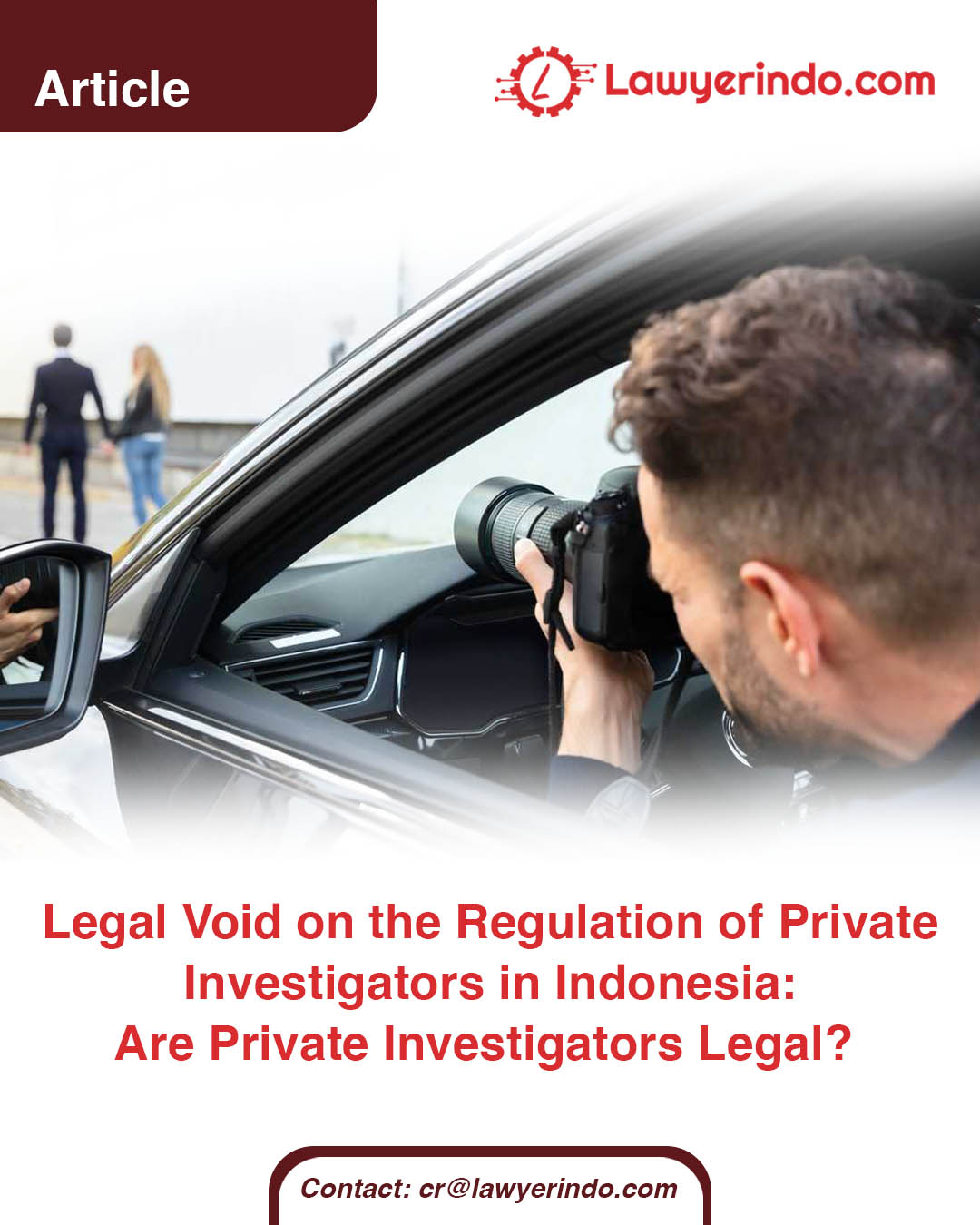Before discussing further investigations conducted by private investigators, firstly, we need to define investigations. Charles A. Sennewald, defines investigation like this: “An investigation is the examination, study, searching, tracking and gathering of factual information that answer questions or solves problems.”[1] In addition to mere fact-gathering, the private investigator is called upon to formulate logical hypotheses and conclusions based on the available information. Thus, the desired result or an investigation is “the factual explanation of what transpired.”[2] Based on this understanding, claiming that an investigator solely handles facts would be incorrect.
While their focus lies in uncovering the specific details of an event or situation, they are also responsible for exploring the underlying causes, establishing relationships, and assessing the significance of each piece of information in the given case. The facts alone hold no value if one cannot employ logic, identify connections, and reach an accurate conclusion.
There is currently no specific law or regulation governing investigations conducted by private investigators. Therefore, to determine whether an investigation conducted by a private investigator is legal or illegal, it is important to examine the scope of the investigation work and whether or not the work carried out violates the provisions of the law. In practice, everyone using a private investigator needs evidence and information to solve a problem or business strategy. Referring to these objectives, the final results obtained from private investigators are information, photos, video recordings, and sound, both in softcopy and hardcopy.
Based on the aforementioned final results that are desired, we can therefore conclude the methods used and we can analyze them further as follows:
Personal Data Information
Indonesia has Law No. 27 of 2022 on Personal Data Protection (“PDP Law”). The PDP Law defines data is data regarding individuals who are identified or can be identified separately or in combination with other information, either directly or indirectly, through an electronic or non-electronic system.[3] Personal data is divided into 2 (two) types, as follows:[4]
Specific personal data: health data and information, biometric data, genetic data, crime records, child data, personal financial data, and/or other data in accordance with provisions of laws and regulations.
General personal data: full name, gender, citizenship, religion, marital status, and/or combined personal data to identify a person.
Personal data processing, which includes obtaining and collecting, processing and analyzing, storing, correcting and updating, displaying, announcing, transferring, disseminating, disclosing, and/or deleting or destroying, must be carried out in accordance with the principles of personal data protection.[5]
Specifically concerning the processing of personal data, Law No. 11 of 2008 on Electronic Information and Transactions, as amended by Law No. 19 of 2016 on Amendments to Law No. 11 of 2008 on Electronic Information and Transactions (“ITE Law”), regulates data processing through electronics. The processing of personal data carried out by hacking computers and/or other electronic systems are illegal and the perpetrators shall be subject to criminal sanctions and fines as stipulated in Article 30 and Article 46 of the ITE Law.
Recorded Telephone Conversations
Article 40 of Law No. 36 of 1999 on Telecommunication, as amended by Law No. 6 of 2023 on Job Creation (“Telecommunication Law”), states that every person is prohibited from wiretapping information channeled through telecommunication networks in any form. In this case, what is meant by wiretapping is the activity of installing additional tools or devices on telecommunication networks to obtain information by unauthorized means. Information owned by a person is a personal right that must be protected, so wiretapping must be prohibited.
There are several recording activities that are not considered violations of this provision, including the following:
Recording the use of telecommunication facilities used by telecommunication service users and recording information to prove the correct use of telecommunication facilities at the request of telecommunication service users.[6] What is meant by recording information, among others, is the recording of conversations between telecommunication parties.
Recording by telecommunication service providers upon written request of the attorney general and/or the head of the Indonesian Police for certain criminal offenses or request of investigators for certain criminal offenses by applicable laws.[7]
If one of the parties in a telephone conversation records the conversation using an additional sound recording device or recorder, there are at least 2 (two) grounds for recording the conversation to be legally valid; first, the communication is not private because of the par

